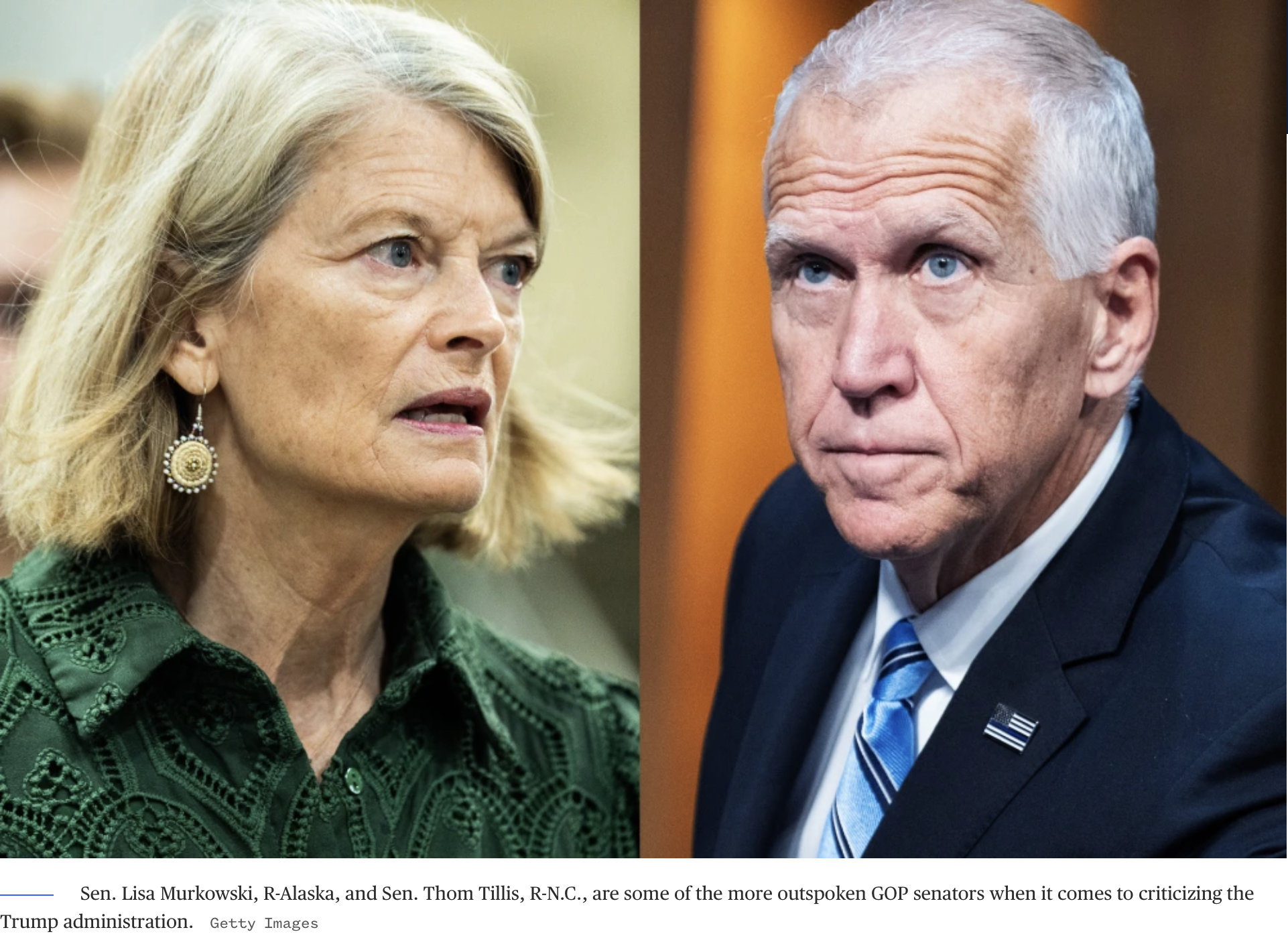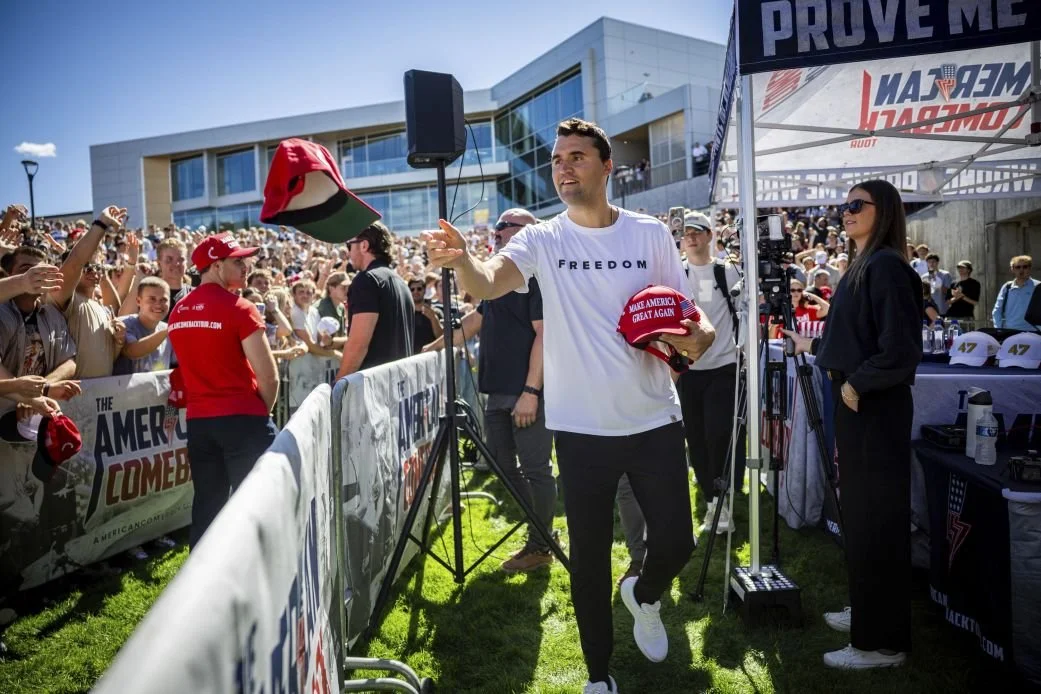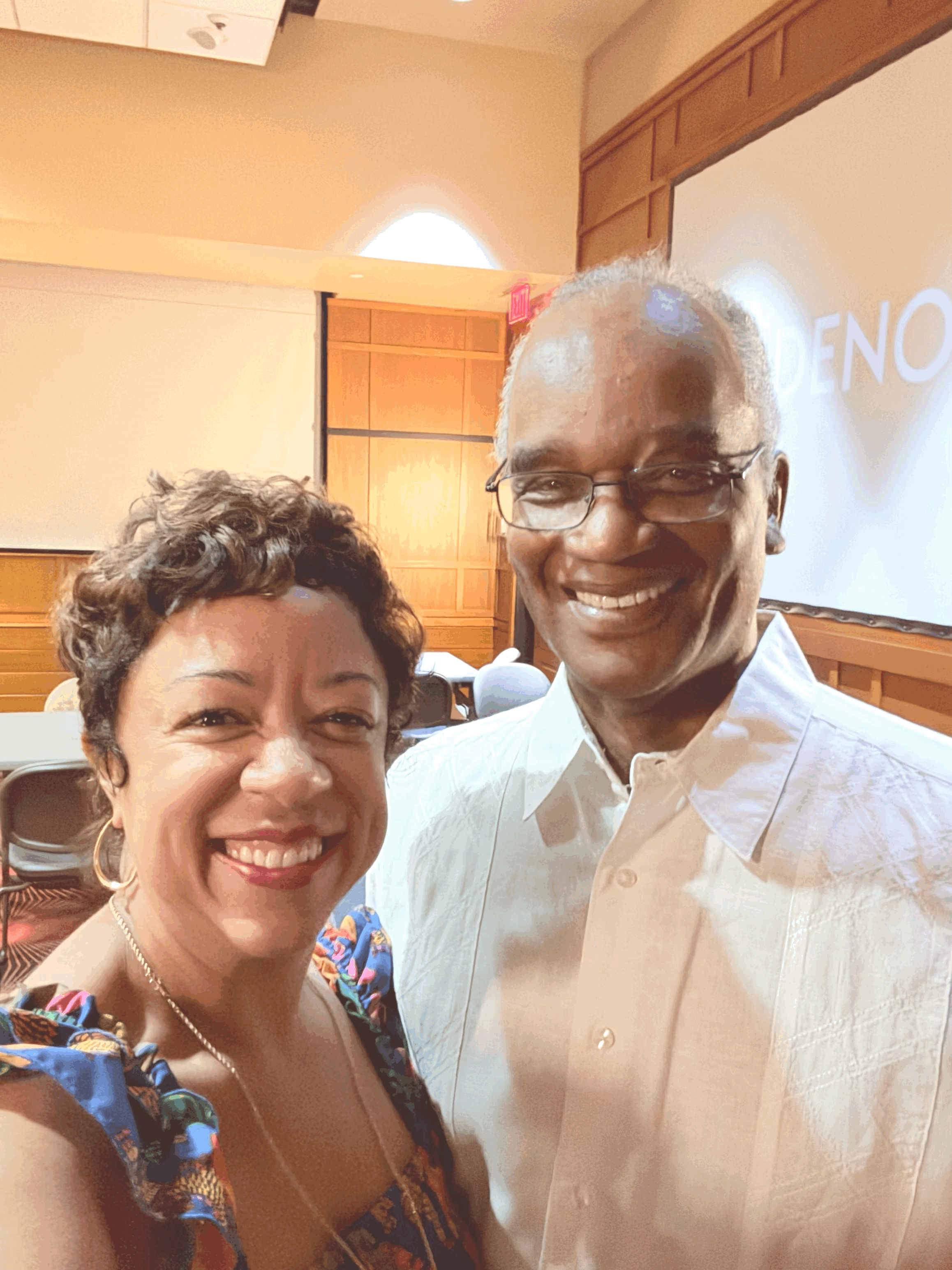Choose Civility: How to respond when someone changes their beliefs…or political position.
When someone changes their mind or political position, shame can slam the door on growth. This post explains the brain science behind “breaking rank” and offers simple, compassionate scripts to keep conversations honest, civil, and human.
Are you socially fit? Or are your peopling skills a bit rusty?
Picture this:
You step on the bathroom scale.
You glance at the number.
You think, “Huh. Time to pay a little more attention to… whatever is going on here.”
We do this with our physical fitness all the time.
But almost none of us step on a social scale.
And yet decades of research – including Harvard’s 85-year Study of Adult Development – keep shouting the same message: it is the quality of our relationships, more than money, status, or even perfect bloodwork, that predicts our happiness and long-term health.
Avoid Pissed-Off-Posting…Even if Your Brain Craves It
When people agree with us online, such as through likes and shares, the brain’s reward network (including the ventral striatum) lights up. That feels good and teaches us to repeat the behavior, even if it is not productive. Platforms amplify this with variable rewards (sometimes there is a new comment; sometimes not), which are especially habit-forming.
React, but don’t act: how our brains write stories in shock.
In the immediate aftermath of Charlie Kirk’s killing, millions of us felt a surge of emotions and a rush to make sense of the senseless. Our brains sprint for certainty, “us-versus-them” flares, and we start writing stories in our heads long before the facts arrive. This isn’t about politics; it’s about people, and how to think clearly when shock hits.
Why Most Keynotes Fizzle Like Fireworks—and How to Create Real Change
Most keynotes are like fireworks.
They create a spectacular moment, but moments fade.
The brain isn’t naturally wired for change. It’s wired for survival—seeking safety, comfort, and predictability. So when we’re presented with something new, the brain often resists it, no matter how inspiring it sounds.
This is why so many events fall short of creating lasting impact. They focus on entertainment instead of behavior change.
Rebuild the Village: Why We Must Reconnect—On Purpose
Flourishing isn’t a solo sport. The healthiest, happiest people have one thing in common: they nurture relationships on purpose.
So if you’ve lost touch with someone, reach out. If your village feels too small, grow it. If you’ve been isolating, open the door.
It’s not too late. And it’s so, so worth it.






